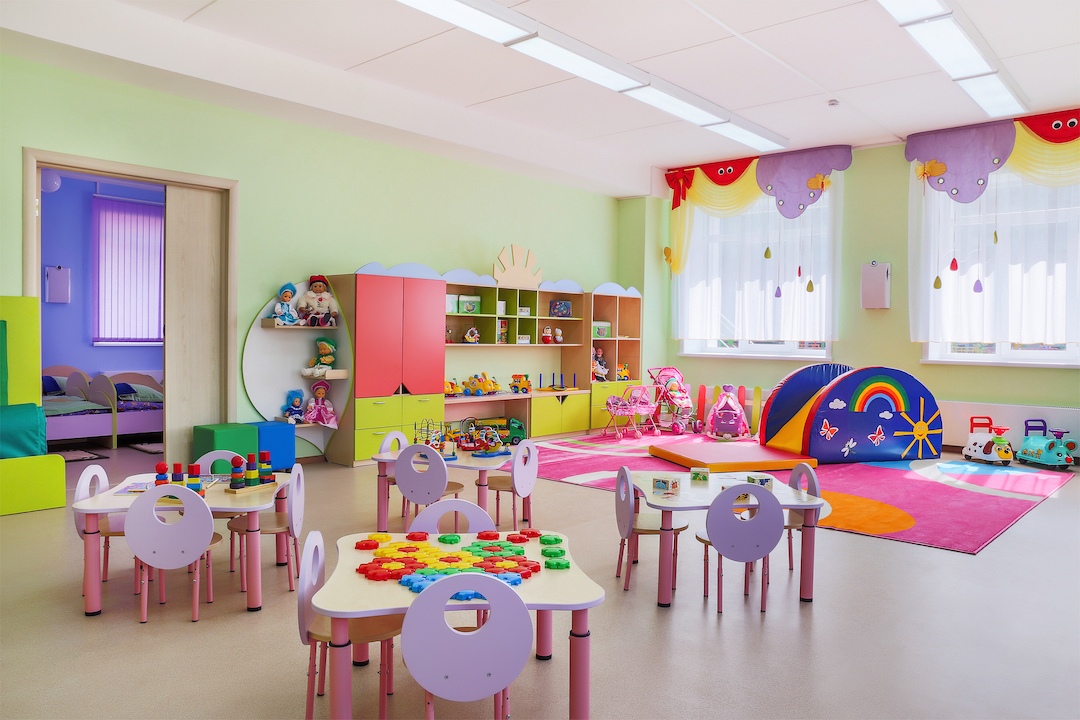As parents, we often wonder how to give our children the best start in their musical journey. A strong music foundation, established through early music classes for kids, can significantly boost future instrument mastery. Here are seven key insights into how early music education paves the way for instrumental success:
1. Ear Training From the Start
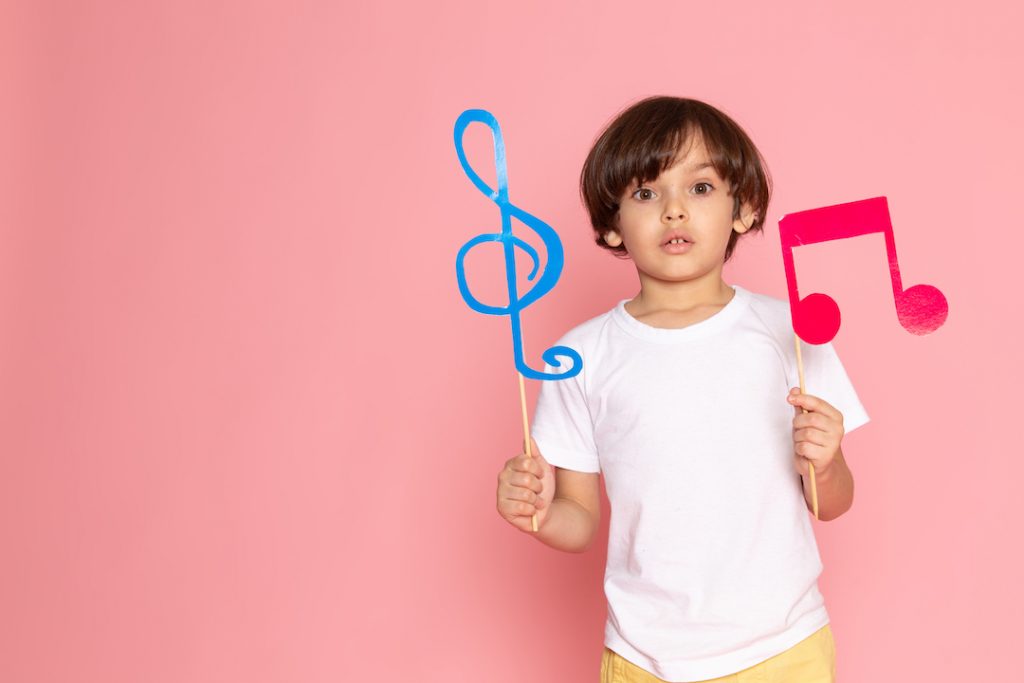
Early music foundation or class experiences help children develop critical listening skills. They learn to distinguish between pitch, tone, and rhythm – fundamental abilities for any budding musician. This ear training gives children a significant advantage when they start formal instrument lessons, as they can more easily replicate sounds and melodies they hear.
2. Rhythmic Proficiency
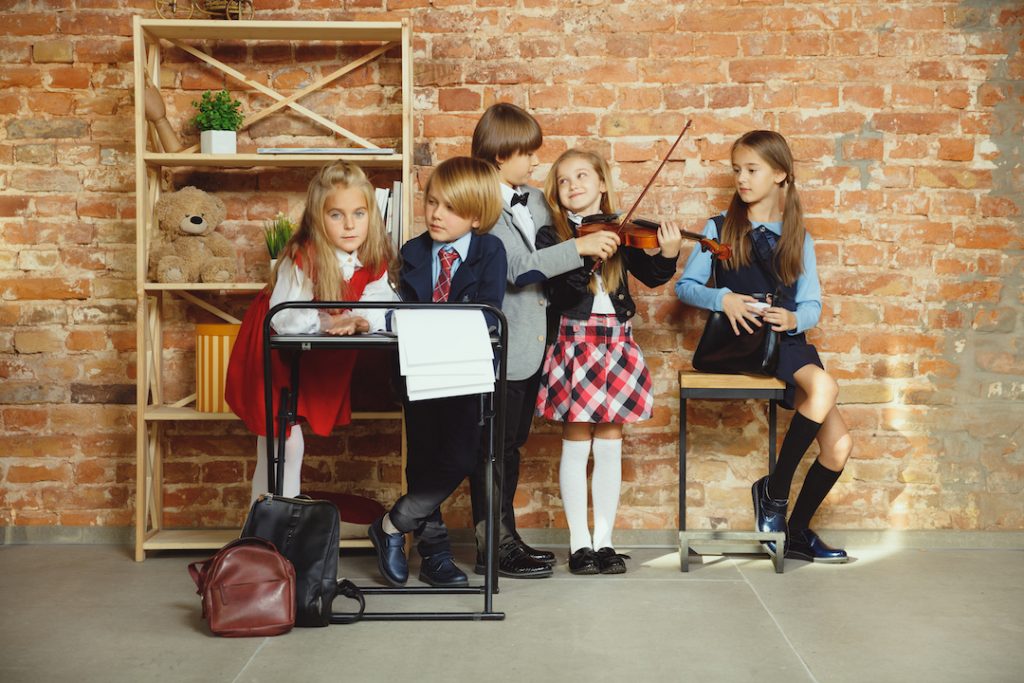
Rhythm is the backbone of music, and early music education places a strong emphasis on this element. Through activities like clapping games, body percussion, and simple instrument play, children internalize complex rhythmic patterns. This rhythmic foundation is crucial for mastering any instrument, from drums to violin.
3. Music Theory Fundamentals
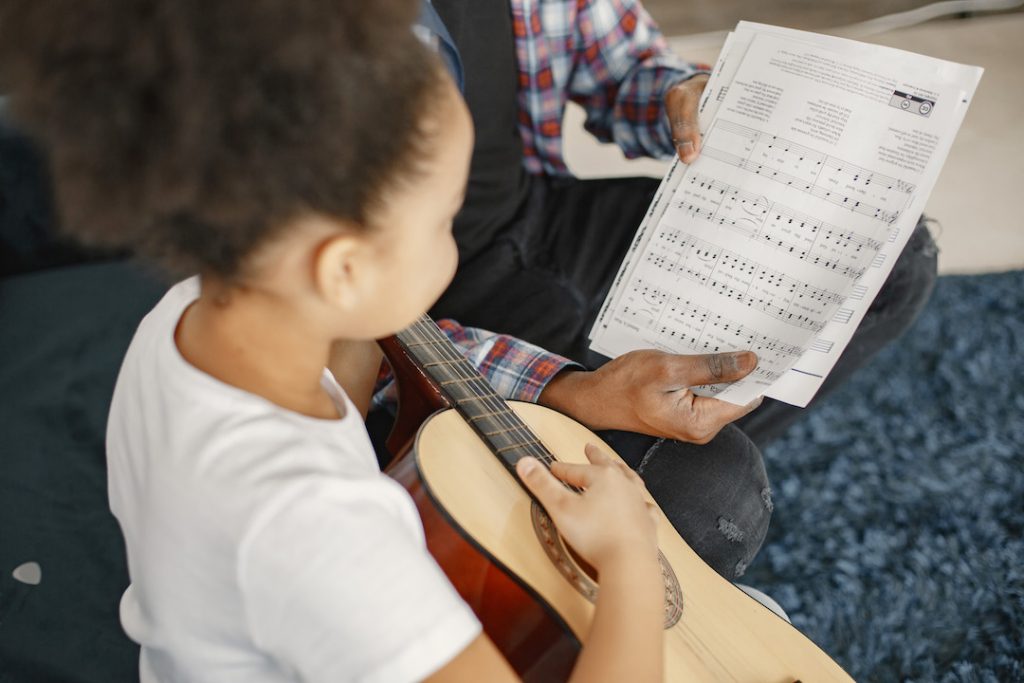
While toddlers aren’t studying advanced music theory, they are absorbing basic concepts through play. Concepts like loud and soft (dynamics), fast and slow (tempo), and high and low (pitch) are introduced in age-appropriate ways. This early exposure to music theory concepts makes future formal instrument instruction much more accessible.
4. Fine Motor Skill Development
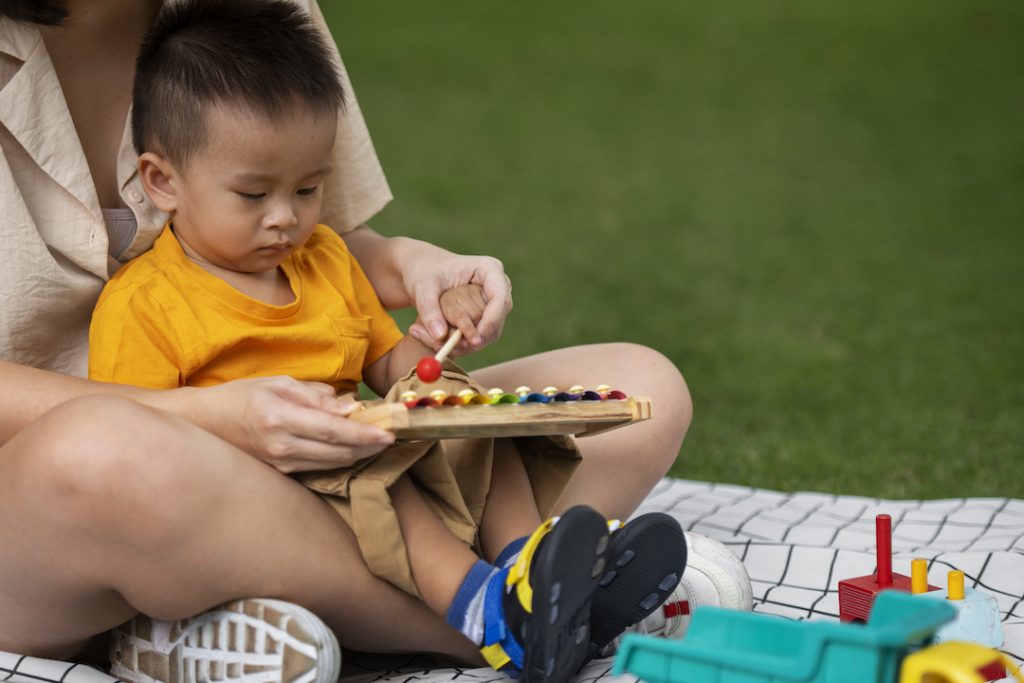
Many activities in early music classes for kids focus on developing fine motor skills. Whether it’s playing small percussion instruments or learning finger placements, these activities strengthen the hand-eye coordination and dexterity needed for playing instruments later on.
5. Music Reading Readiness

Early music education often incorporates pre-reading skills, such as recognizing patterns, following left-to-right progression, and understanding symbols. These foundational skills prepare children for reading music notation when they begin instrument lessons.
6. Cultivating Musical Expression
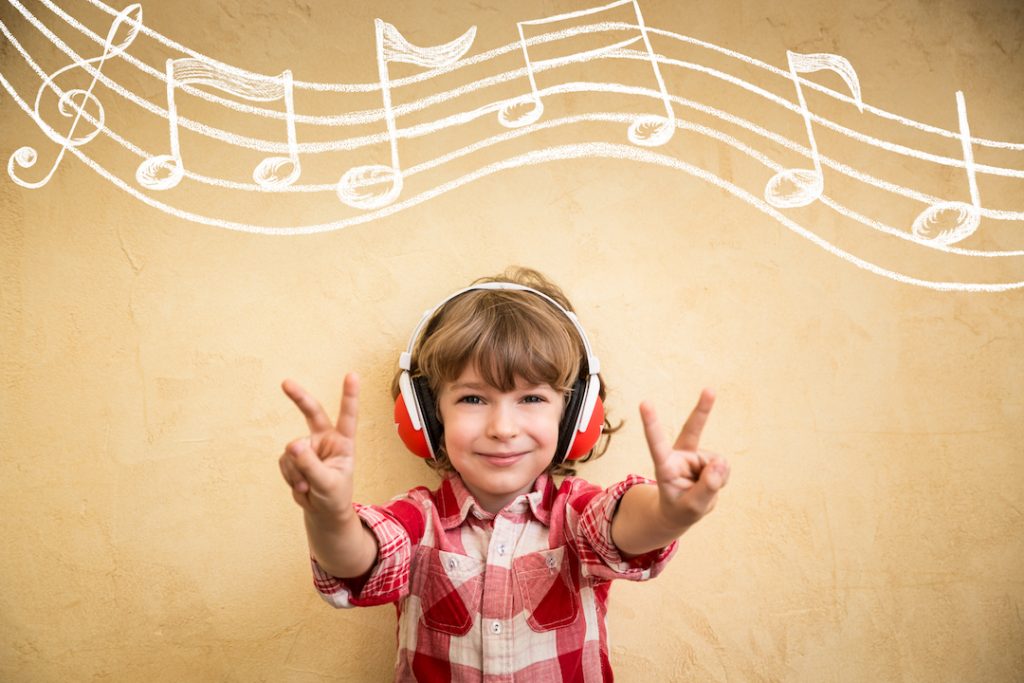
Through movement, singing, and playing simple instruments, children learn to express themselves musically from a young age. This early experience with musical expression translates into more nuanced and emotive instrumental performances as they progress.
7. Building Musical Confidence
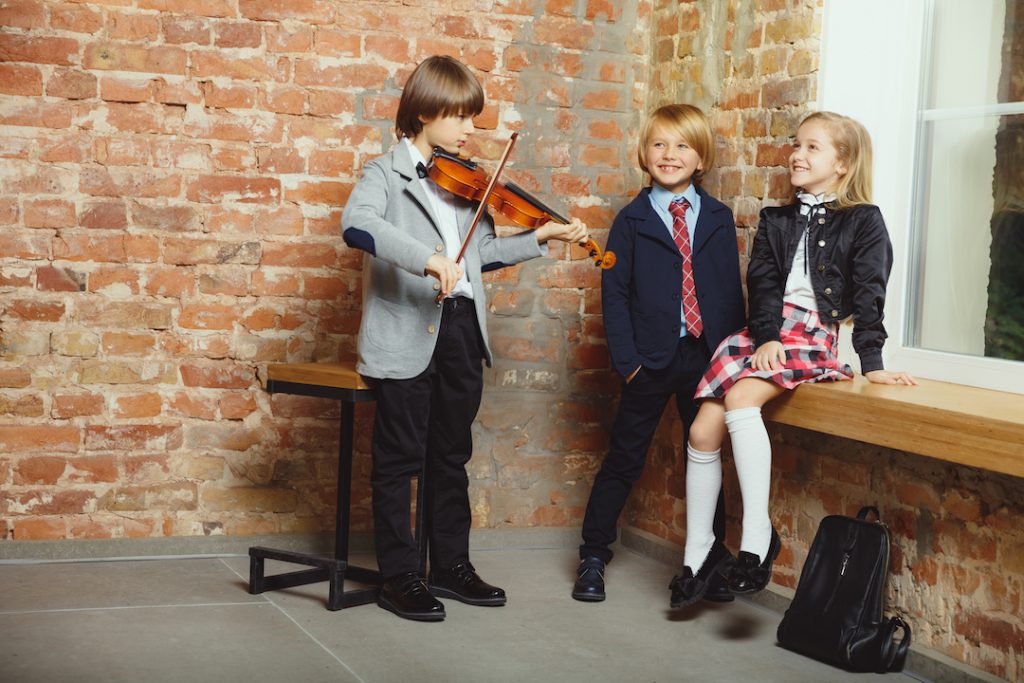
Perhaps one of the most valuable aspects of early music education is the confidence it instills. Children who are comfortable with musical concepts and have positive associations with music-making are more likely to approach instrument learning with enthusiasm and perseverance.
Early music classes for kids offer a multitude of benefits, extending far beyond music. From cognitive development to social skills, these classes provide a holistic enrichment experience.
Ready to give your child a head start in their musical journey? Explore a wide range of enrichment and music classes near you with GogoKids. Click HERE to find the perfect program for your little one!

The Ultimate Guide to Taekwondo Belts: Unlocking Levels and Secrets

8 Must-Join Enrichment Classes to Skyrocket Your Child’s Skills

In Malaysia’s diverse educational landscape, an increasing number of non-Chinese parents are choosing Chinese primary schools for their children. This trend reflects changing perceptions about education and future opportunities. Let’s explore five key reasons behind this growing preference: 1. Strong Foundation in Mathematics and Science Malaysian Chinese primary schools are known for their strong emphasis […]

